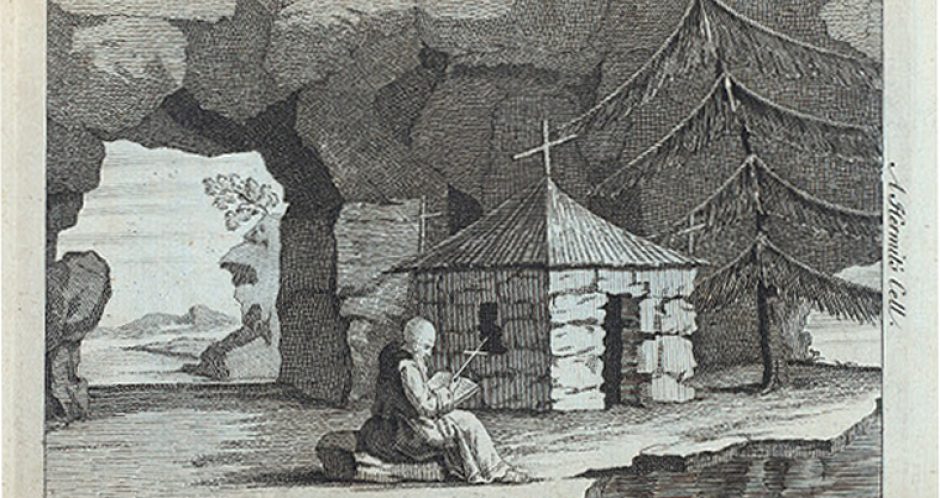The Castle of Otranto was a fairly strange story altogether. I found many things interesting, like the extreme use of divine intervention in the story. It is odd to me how the author decided to eliminate most if not all of the obstacles in the story with a visit from a divine being, or in this case St. Nicholas. To me, it would seem that the writer and most of the people at the time the story was written were extremely religious and took the idea of religious interference as a solution in stories, and possibly even their own lives. Even though many others believed the overall structure of the story was difficult to interpret, i did not find it as difficult. For example, the use of Old English and the inconsistency with separation of thought in the story was very difficult to comprehend. This would be because many of the words that were used in the story are no longer used, or are used in a different frame of reference today. I would not say this was intentional because this was the way people spoke back when the story was published, and there was no set structure on how to properly space out paragraphs and the such when writing. To me, there seems to be many themes in the story, but the main ones would be how the past always follows you. The story suggests that you can not escape your past no matter what, and no matter what you do to try to change or alter it, it will always be there. The author develops this theme by making it the primary focus, and by telling it in a way that makes it almost fearful to forget about the past. It is a great concept and an important theme, because not only does one’s past explain the way a person is, but it makes every individual a puzzle in some form or another that should be solved.
-
Recent Posts
Recent Comments
- marvi krifca on Response 5
- marvi krifca on Response 6
- marvi krifca on Young Goodman Brown
- marvi krifca on Response 9
- Daniella Martinez on Response 9 (Malcolm)
Archives
Categories
Meta




While I agree with you that the story lacks some kind of divine intervention, I think this may be due to writers at that time being more interested in the idea of going against the norm and taking an unorthodox approach to expressing themselves. This makes sense when you take in to consideration that the first edition of ‘The Castle Of Otranto” was published anonymously because Walpole feared mockery of his unconventional views and only revealed his identity after the novel became a success.